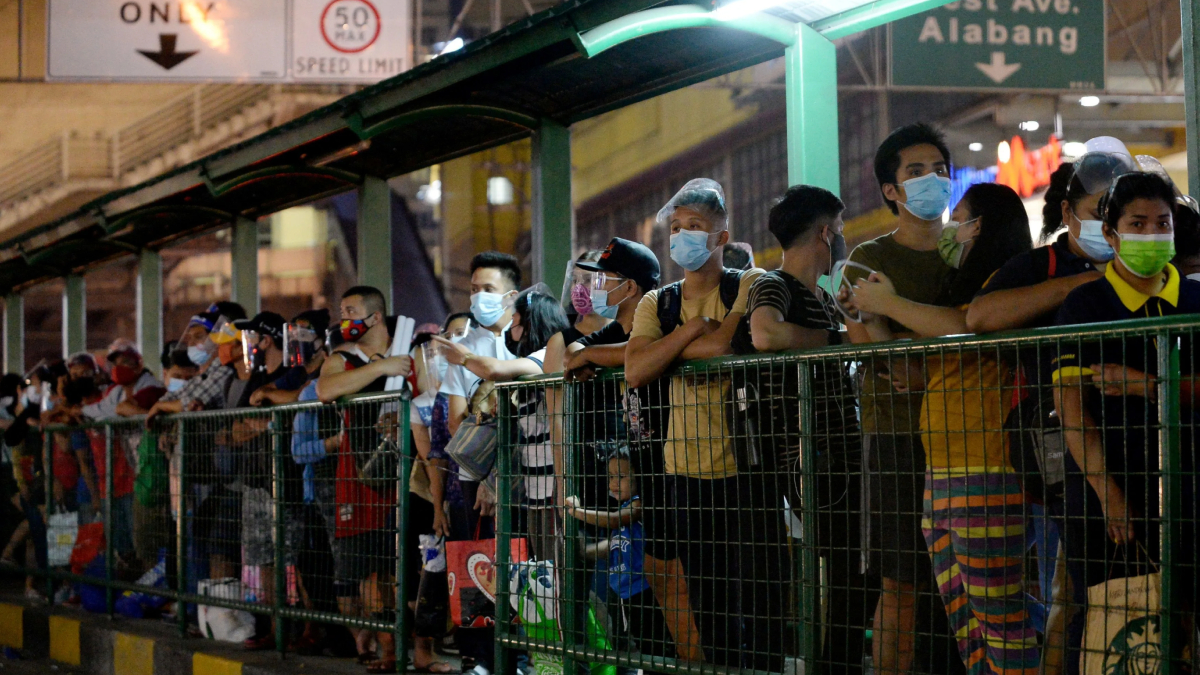A recent study highlights that Filipinos require an annual income of $28,264, or roughly P130,000 per month, to attain happiness, based on findings by consumer website Expensivity. The data, derived from Purdue University’s global research on income and happiness, emphasizes that while money alone may not guarantee happiness, it can significantly impact life satisfaction.
In the study, happiness was quantified by comparing income with the cost of living and purchasing power in different countries. For Filipinos, this ideal income is nearly three times the average family income, making financial contentment a distant dream for many.
“Our average wage is around P18,000, so we have a long way to go before money no longer contributes to life satisfaction,” said Dr. Anna Cristina Tuazon, a psychology professor at UP Diliman. She explained that most Filipinos struggle to cover basic needs due to the high cost of living, leaving little room to pursue higher aspirations.
Dr. Tuazon emphasized that while money might not bring happiness in itself, it relieves daily stresses and provides a sense of security. “In principle, money can take away pain points in living by removing undue hardship,” she added.
Another perspective came from Val Baguios III, an organizational leadership consultant, who acknowledged that money can bring temporary joy but stressed that lasting happiness stems from nurturing personal relationships. “Money is a useful tool for meeting our needs and creating positive emotions. But true and lasting well-being comes from our relationships,” he said.
Though money can solve many everyday miseries, the findings show that happiness may plateau after reaching a certain income level. This suggests that while financial stability contributes to happiness, it is not the sole factor. Filipinos, particularly those in the lower and middle classes, continue to focus on meeting basic needs, which leaves little room for addressing higher aspirations, as outlined by Maslow’s hierarchy of needs.
As economic challenges persist, the question remains: Can Filipinos achieve happiness without meeting this financial benchmark, or does this study highlight the need for significant changes in wages and living standards to improve overall well-being?






